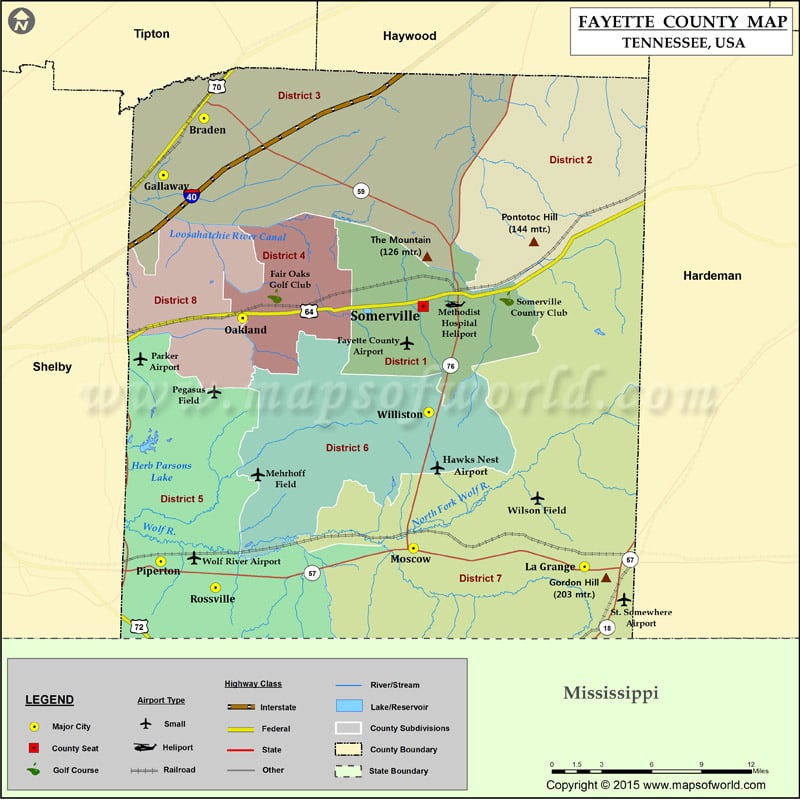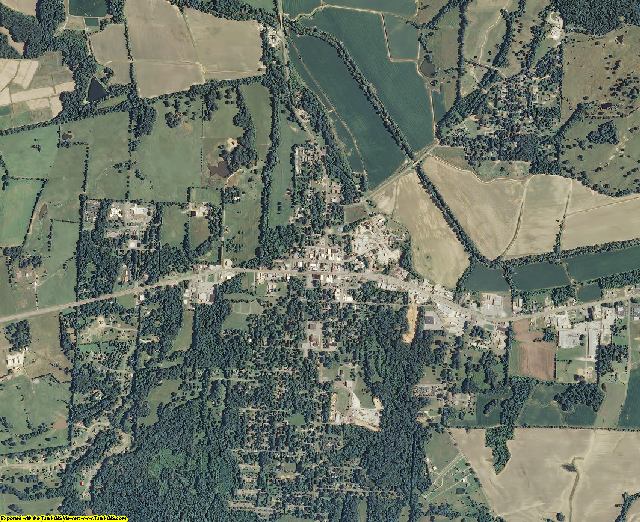Unveiling The Landscape Of Fayette County, Tennessee: A Comprehensive Guide
Unveiling the Landscape of Fayette County, Tennessee: A Comprehensive Guide
Related Articles: Unveiling the Landscape of Fayette County, Tennessee: A Comprehensive Guide
Introduction
In this auspicious occasion, we are delighted to delve into the intriguing topic related to Unveiling the Landscape of Fayette County, Tennessee: A Comprehensive Guide. Let’s weave interesting information and offer fresh perspectives to the readers.
Table of Content
Unveiling the Landscape of Fayette County, Tennessee: A Comprehensive Guide

Fayette County, nestled in the heart of West Tennessee, boasts a rich history, vibrant culture, and diverse landscape. Its strategic location, nestled between the Mississippi River and the Tennessee River, has played a pivotal role in shaping the region’s economic and social development. Understanding the geographical intricacies of Fayette County is essential for appreciating its unique character and the opportunities it presents.
Navigating the Terrain: A Look at Fayette County’s Geographic Features
Fayette County’s geography is a tapestry woven from rolling hills, fertile farmlands, and meandering waterways. The county’s topography is characterized by its location within the Mississippi Alluvial Plain, a region known for its rich soil and agricultural abundance.
Key Geographic Features:
- The Mississippi River: This mighty waterway forms the western boundary of Fayette County, influencing its climate, transportation, and economic activities.
- The Tennessee River: The Tennessee River flows through the southeastern portion of the county, offering recreational opportunities and contributing to the region’s biodiversity.
- Loess Bluffs: These distinctive geological formations, remnants of ancient wind-blown deposits, create unique microclimates and contribute to the county’s diverse plant and animal life.
- The Hatchie River: A tributary of the Mississippi River, the Hatchie River winds its way through Fayette County, providing scenic beauty and vital wildlife habitat.
Understanding the Significance of the Fayette County Map
A detailed map of Fayette County serves as a vital tool for understanding the county’s spatial relationships, its infrastructure, and the distribution of its resources. Its utility extends beyond simple navigation, offering valuable insights for:
- Economic Development: Maps help identify areas suitable for industrial development, locate resources, and assess transportation infrastructure.
- Environmental Planning: Understanding the county’s topography and waterways is crucial for managing environmental resources, mitigating flood risks, and preserving natural habitats.
- Community Planning: Maps aid in the development of efficient infrastructure, identifying areas for growth, and planning for future community needs.
- Tourism and Recreation: Maps guide visitors to scenic destinations, historical landmarks, and recreational opportunities, contributing to the county’s tourism industry.
- Emergency Response: Maps are vital for emergency responders, providing a clear understanding of road networks, population density, and potential evacuation routes.
Exploring the Heart of Fayette County: A Glimpse into Key Towns and Communities
Fayette County is home to a diverse array of towns and communities, each with its unique character and history.
- Somerville: The county seat, Somerville serves as a regional hub for commerce, government, and cultural activities.
- Oakland: Located in the western part of the county, Oakland is known for its agricultural heritage and its proximity to the Mississippi River.
- Rossville: Situated in the eastern portion of the county, Rossville is a small town with a strong sense of community and a focus on rural living.
- Moscow: A small community located in the northeastern part of the county, Moscow boasts a rich history and a strong agricultural tradition.
Delving Deeper: Resources and Information for Exploring Fayette County
For those seeking a more in-depth understanding of Fayette County, several valuable resources are available:
- Fayette County Government Website: Provides information on local government services, community events, and resources for residents and businesses.
- Fayette County Chamber of Commerce: Offers insights into the county’s economic landscape, business opportunities, and community initiatives.
- Tennessee Department of Economic & Community Development: Provides data and analysis on the state’s economic development, including information on Fayette County’s industries and workforce.
- United States Geological Survey (USGS): Offers detailed maps, aerial imagery, and geographic data for Fayette County and the surrounding region.
FAQs: Addressing Common Questions about Fayette County
Q: What is the population of Fayette County, Tennessee?
A: As of the 2020 census, Fayette County has a population of approximately 29,000.
Q: What are the major industries in Fayette County?
A: Fayette County’s economy is largely driven by agriculture, manufacturing, and healthcare.
Q: What are some popular tourist attractions in Fayette County?
A: Fayette County offers various attractions, including the Fayette County Historical Society Museum, the Somerville Depot Museum, and the scenic Hatchie River.
Q: What are the major highways that run through Fayette County?
A: Interstate 40, Highway 64, and Highway 70 are the major highways that intersect Fayette County.
Q: What is the climate like in Fayette County?
A: Fayette County experiences a humid subtropical climate with hot, humid summers and mild winters.
Tips for Exploring Fayette County
- Plan Your Trip: Research the county’s attractions and choose activities that align with your interests.
- Consider the Seasons: Fayette County offers unique experiences throughout the year, so plan accordingly.
- Embrace the Local Culture: Visit local businesses, sample regional cuisine, and engage with the community.
- Explore the Outdoors: Take advantage of the county’s natural beauty by hiking, fishing, or boating.
- Learn about the County’s History: Visit historical sites and museums to gain insights into Fayette County’s rich past.
Conclusion
Fayette County, Tennessee, is a testament to the enduring power of nature, community, and history. Its map serves as a guide to understanding the county’s unique landscape, its vibrant communities, and its potential for growth and development. By exploring the resources and information available, individuals can gain a deeper appreciation for the beauty, history, and opportunities that Fayette County offers.







Closure
Thus, we hope this article has provided valuable insights into Unveiling the Landscape of Fayette County, Tennessee: A Comprehensive Guide. We hope you find this article informative and beneficial. See you in our next article!